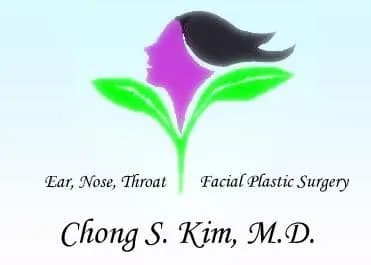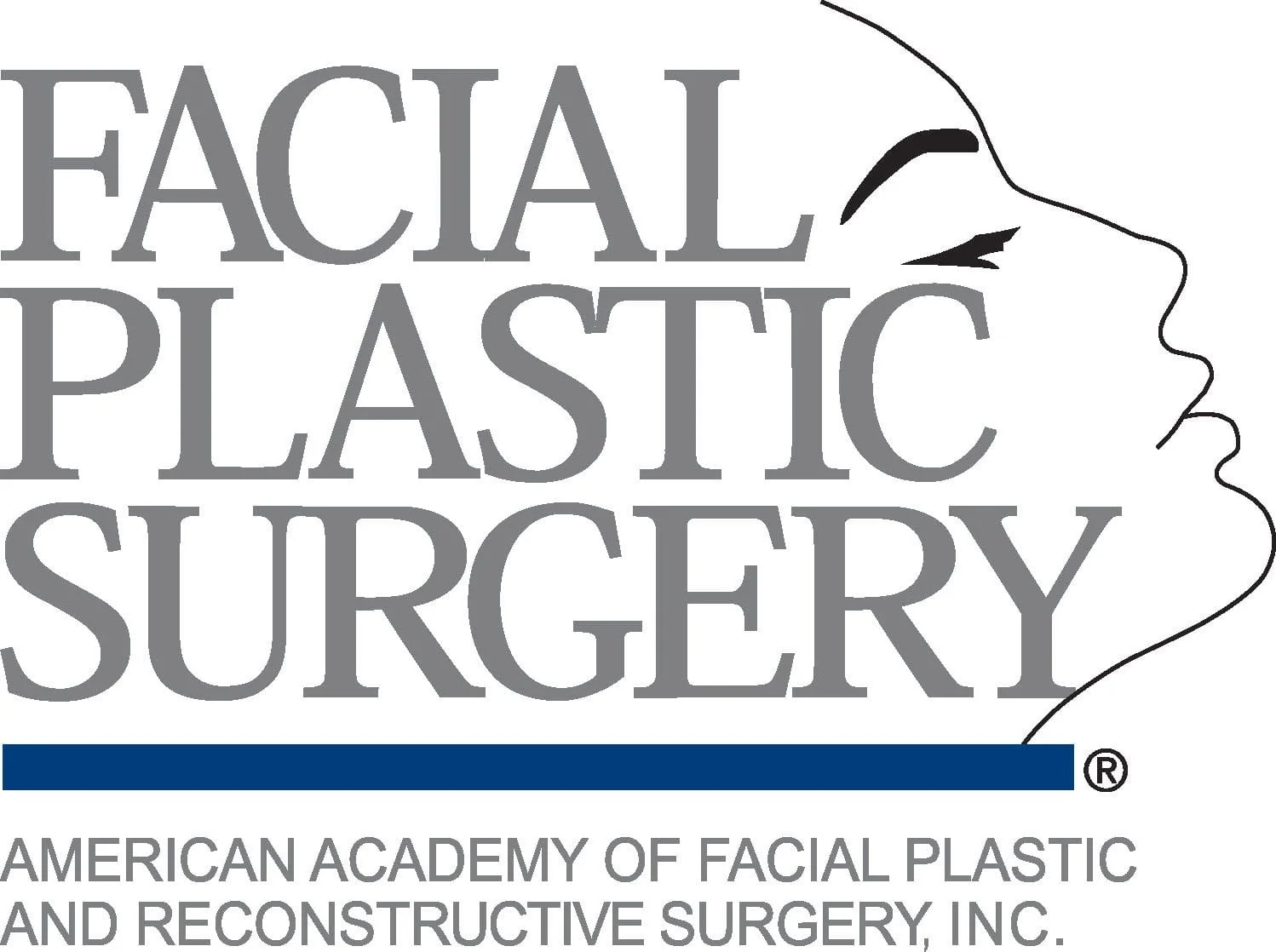The purpose of endoscopic sinus surgery is to open the passages of the sinuses allowing for proper drainage to the nose and to remove diseased tissues or polyps from the sinuses. It is called an endoscopic procedure because the physician uses an endoscope (a small tube with a light and a camera lens at the end) to view the inside of the nose. The physician may create new passages or open existing ones by removing polyps, cysts, or thickened mucous membranes. Endoscopic sinus surgery usually takes between one and three hours and is done in the operating room under general anesthesia. Most patients stay for only a couple of hours after surgery.
Endoscopic sinus surgery is a safe procededure with a good long-term result. Known complications associated with the procedure include, but not limited to, bleeding, orbital complications (including visual impairment), intracranial extension (brain damage, infection, or CSF lead), persistent or recurrent sinus disease, loss of smell, and scarring. Rarely, repeat surgery is necessary.
AFTER SURGERY
You can expect headache and mild fever. You have packing in your nose which is usually removed in 2 days following the operation. Until they are removed, you may experience some difficulty breathing through your nose.
Recovery time after surgery usually averages about 10 days. This will vary depending upon the procedure and the patient. Regular follow up in the office important for post-op cleaning of the sinuses.
POSTOP:
- Diet: No temperature-hot food. Cool to room temperature before eating.
- DO NOT blow nose, bend, lift anything more than 10 lb., strain. Cough or sneeze with mouth open.
- May take shower-but do not use hot water.
- Begin nasal irrigation with saline solution (one teaspoon of salt to two cups of water) a 10-ml syringe once packing is removed. Do this 3 - 4 times a day.
- Prescriptions for discharge medication (pain, antibiotics and possibly allergy medications) will be provided at the hospital.
- Your must stay away from NSAIDS, Aspirin, Motrin, or Advil for 14 days after surgery.
- You will probably do best after surgery by taking liquids for the first day. After that you may eat and drink as you wish.
- Remember that a very important part of this procedure is the after-surgery care. You will need to make and keep your office appointments in order to clean the sinuses so as to speed the healing process.
- You may expect to be away from work or school for approximately one week.
EXPECT:
- Bloody nasal discharge requiring change of mustache dressing for several days.
- Continued blood tinged postnasal drainage for 3 - 4 weeks.
12. Headache, sinus pain, nasal congestion and temperature as high as 100 degrees, sore throat and sore neck are all to be expected.
The following are some of the symptoms that may indicate a need for you to promptly contact Dr. Kim:
- bright red bleeding from the nose or mouth
- double or impaired vision
- a persistent leak of clear fluid from the nose
- temperature rises greater than 101.5º F rectally or greater than 100.5º F orally
- vomiting (or if the vomiting becomes severe)
`



